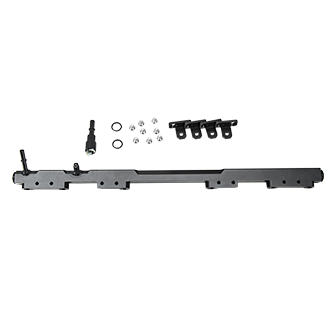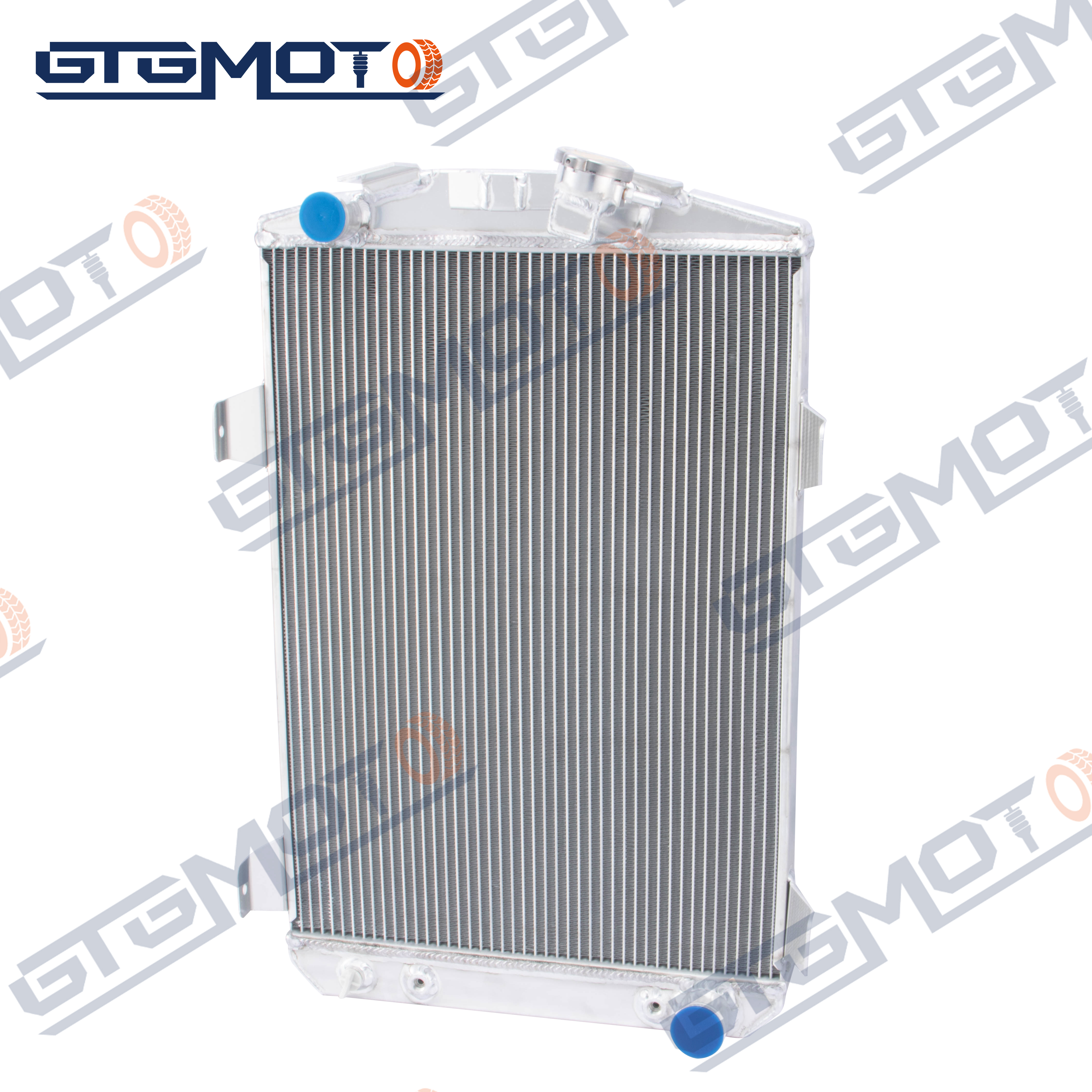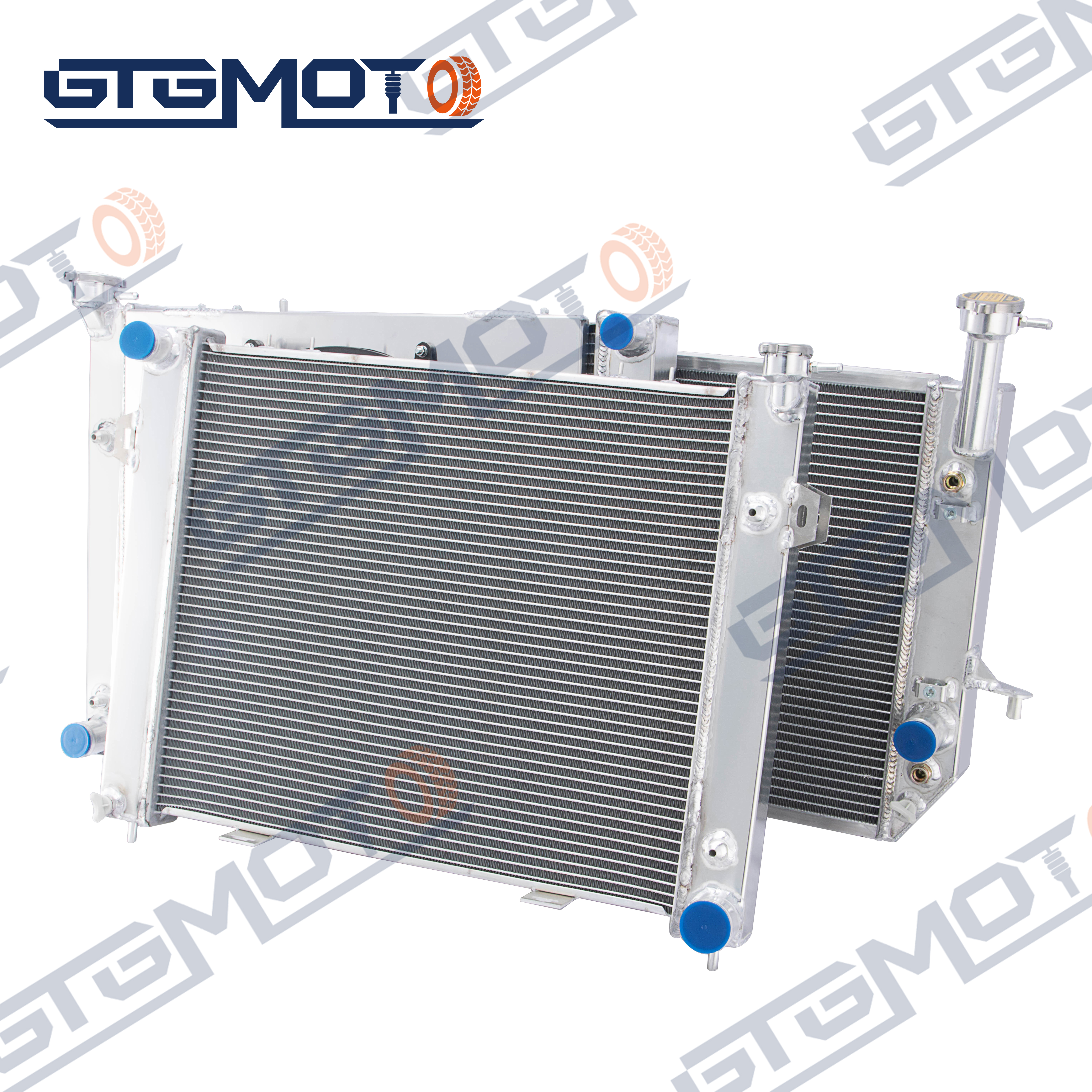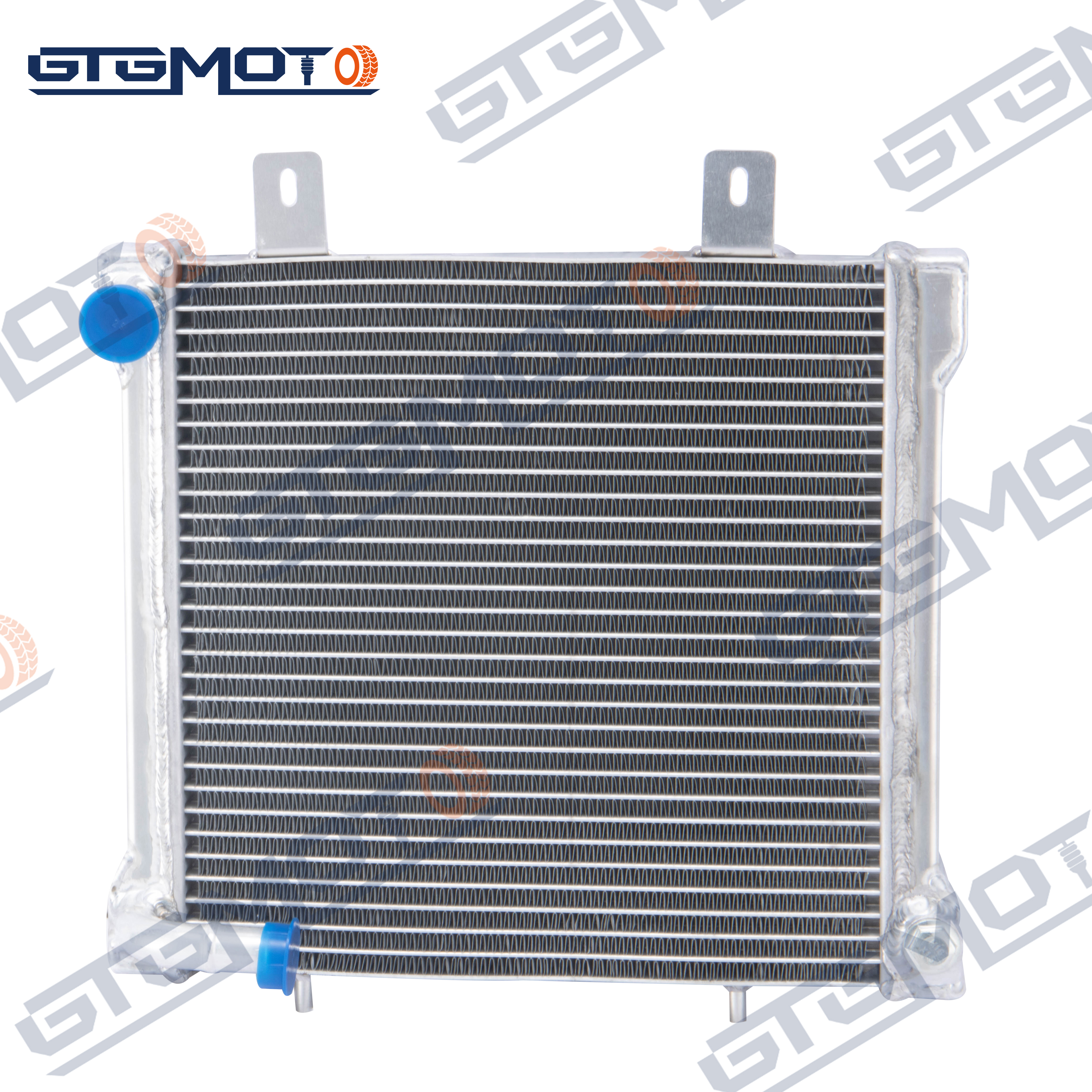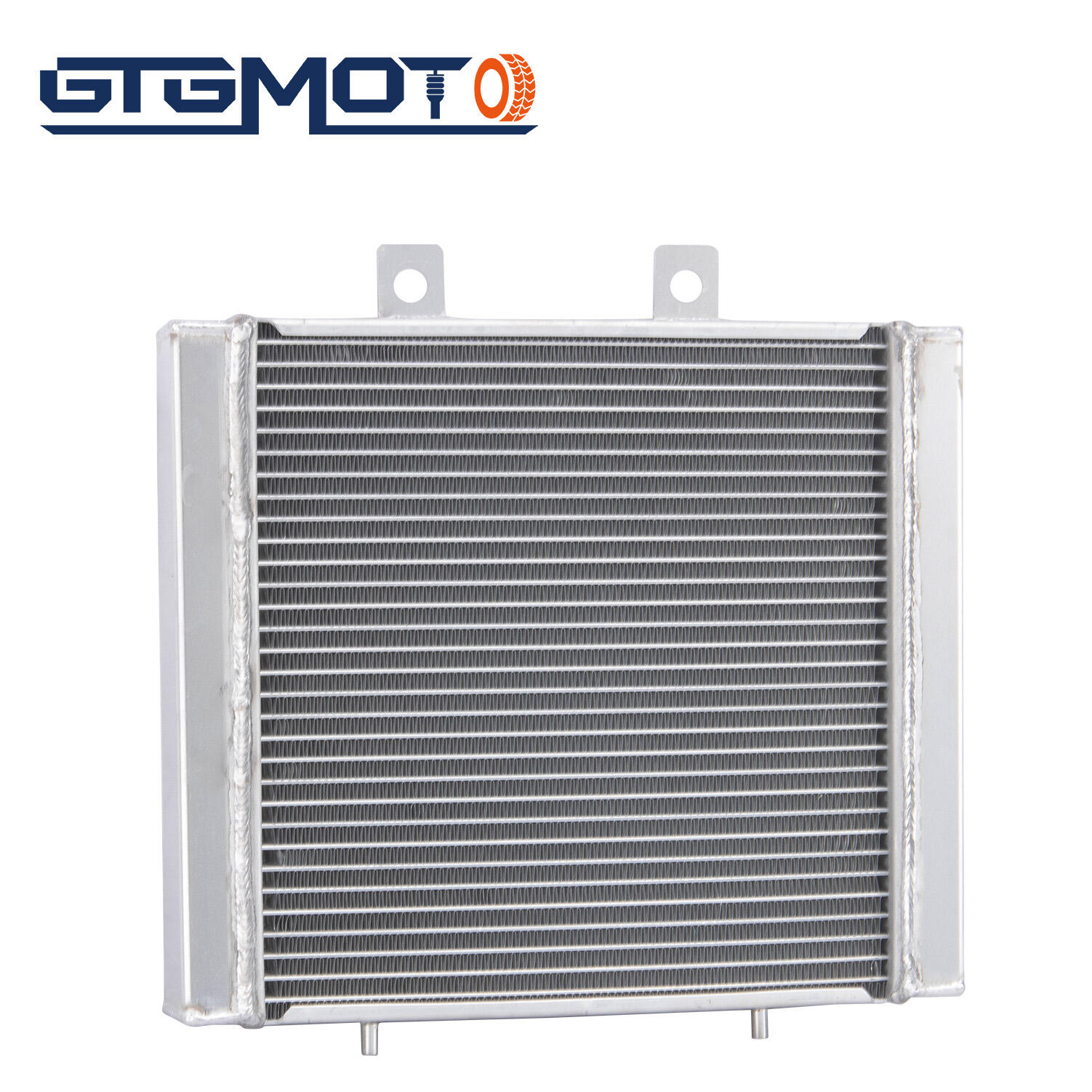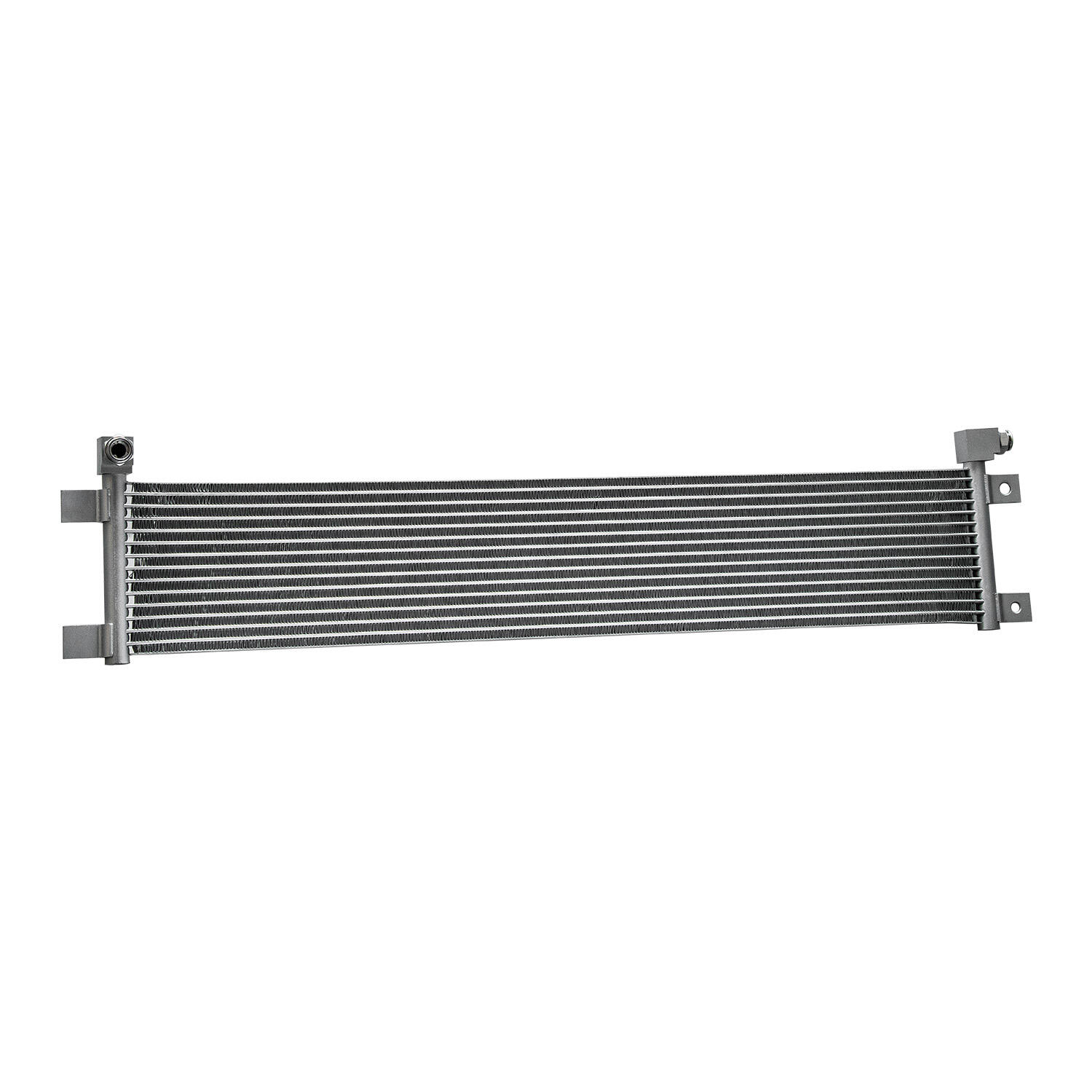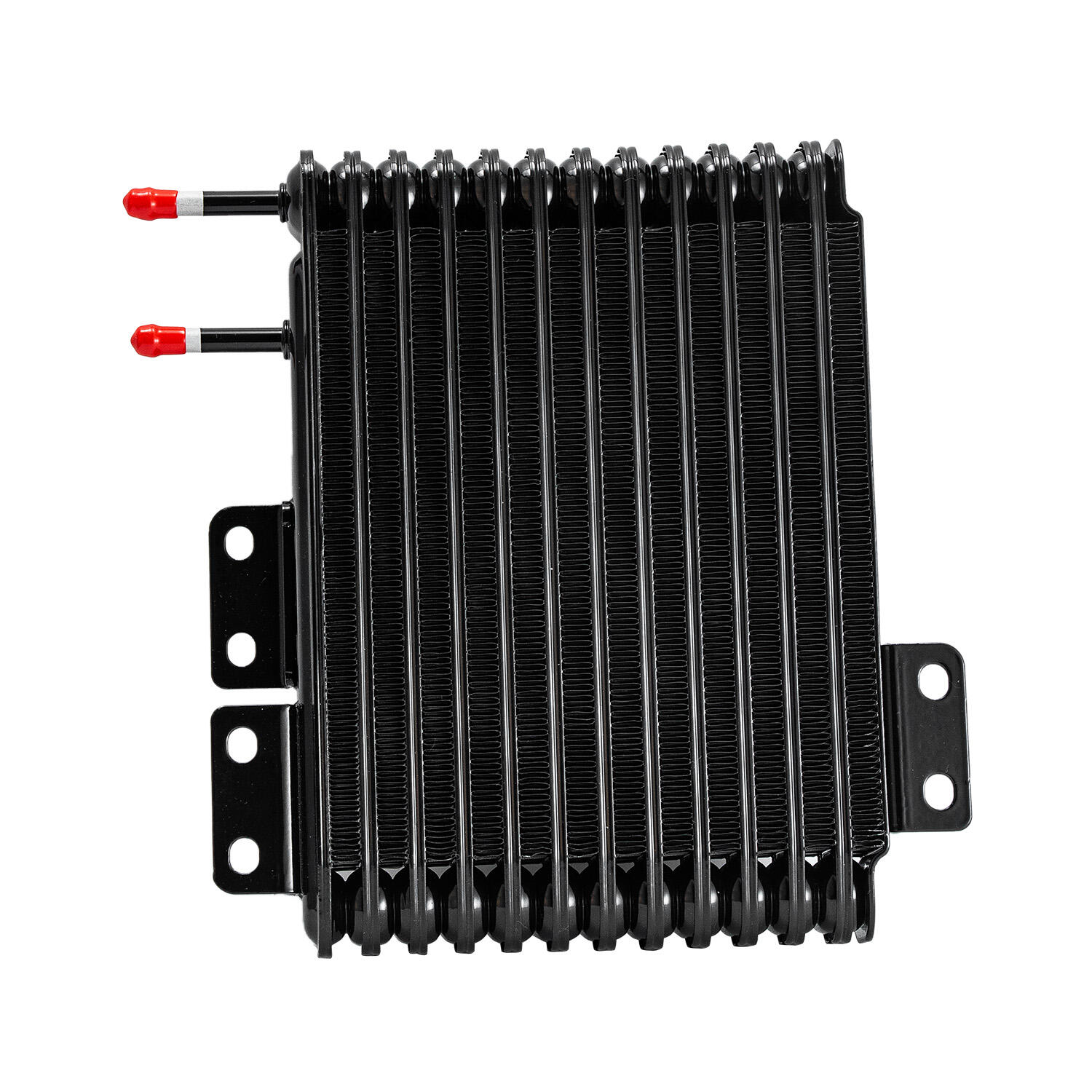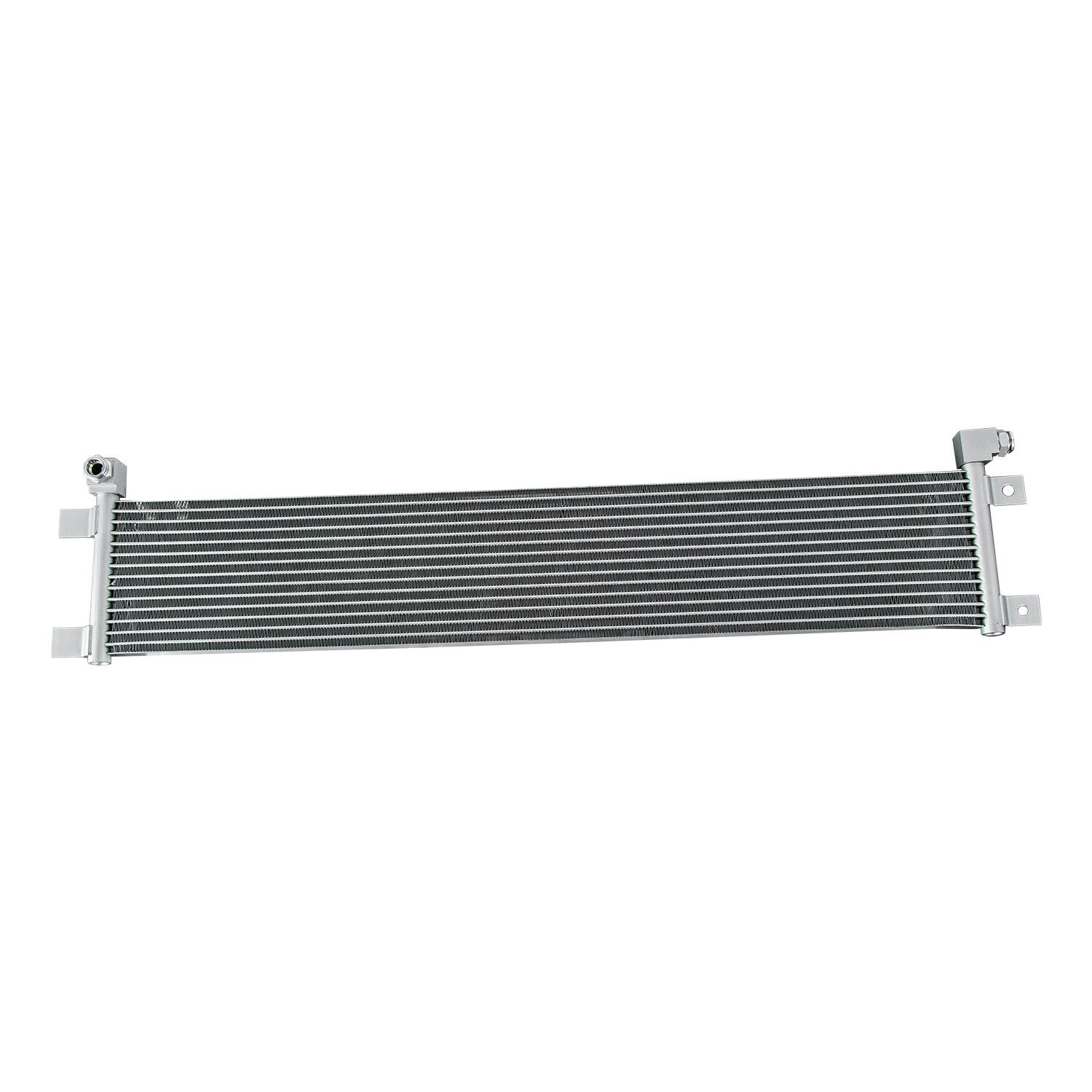system chłodzenia oleju
System chłodzenia olejowego reprezentuje sofistykowany sposób zarządzania cieplnego, wykorzystując olej jako główne medium do przekazywania ciepła. Ten system skutecznie utrzymuje optymalne temperatury pracy w różnych zastosowaniach mechanicznych i przemysłowych. System działa poprzez zamkniętą pętlę cyklu, w której olej obiega przez elementy, pochłaniając nadmiarowe ciepło i transportując je do wymiennika ciepła do dysypacji. Podstawowe komponenty obejmują pompy olejowe, wymienniki ciepła, systemy filtracji oraz czujniki temperatury, które współpracują ze sobą, aby zapewnić efektywne usuwanie ciepła. To, co wyróżnia chłodzenie olejowe, to jego wyższa przewodność cieplna i zdolność do utrzymywania spójnych temperatur w szerokich zakresach pracy. System znajduje rozległe zastosowanie w maszynach przemysłowych, wyposażeniu do produkcji energii oraz silnikach wysokowydajnych, gdzie kontrola temperatury jest kluczowa. Zaawansowane systemy monitoringu zintegrowane w nowoczesnych rozwiązaniach chłodzenia olejowego dostarczają danych w czasie rzeczywistym dotyczących temperatury i wskaźników wydajności systemu, umożliwiając proaktywne konserwację i optymalne działanie. Wielofunkcyjność systemów chłodzenia olejowego pozwala na dostosowywanie ich do określonych wymagań chłodzenia, czyniąc je odpowiednimi dla różnych zastosowań przemysłowych, gdzie dokładna kontrola temperatury jest niezbędna dla efektywności działania i długowieczności urządzeń.

